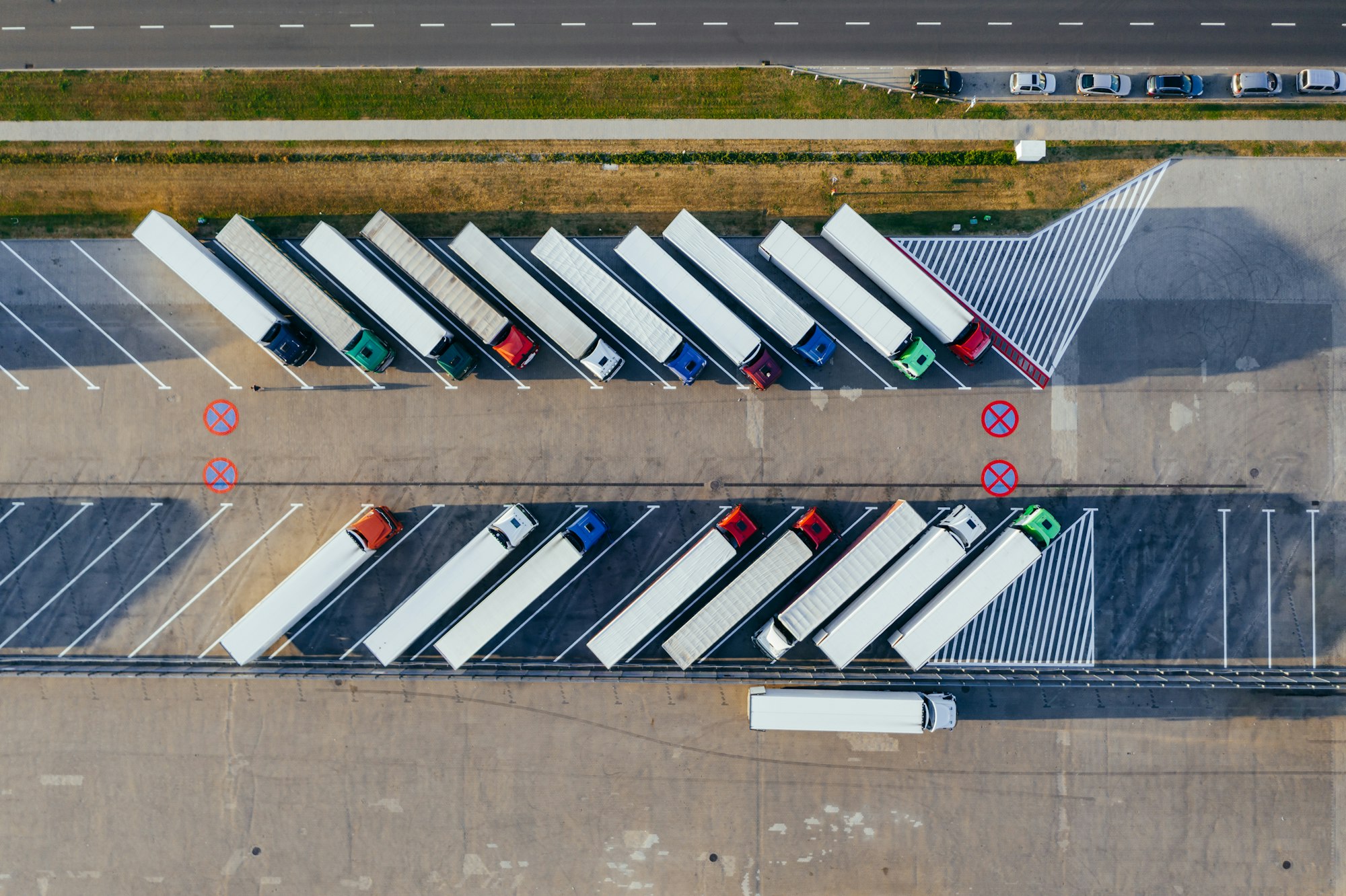US DoD stabilises critical metal supply chains in nickel and cobalt

The US Department of Defense is investing $7m in a hydrometallurgical plant in Missouri to secure nickel and cobalt for the defence industrial base. This initiative is part of the 2024 National Defense Industrial Strategy to enhance supply chain resilience. The project aims to reduce dependency on unstable sources of cobalt and nickel and strengthen domestic production capabilities.
Source: Link
FAQ: US DoD stabilises critical metal supply chains in nickel and cobalt
Frequently Asked Questions
FAQ: U.S. DoD Efforts to Stabilize Nickel and Cobalt Supply Chains
Q1: Why are nickel and cobalt supply chains important to the U.S. Department of Defense?
A1: Nickel and cobalt are vital for defense operations and U.S. national security. They are used in various military applications, including but not limited to aerospace, weaponry, and radar systems, as well as in emerging technologies that are critical to the defense industry.
Q2: What challenges has the DoD faced with nickel and cobalt supply chains?
A2: The DoD has faced challenges due to the high concentration of global supply chains in a few countries, particularly in China, which dominates a significant percentage of the production and refining of these metals. This has created risks for the U.S. in terms of supply chain stability and reliance on foreign sources.
Q3: How is the DoD addressing these critical metal supply chain risks?
A3: The DoD, along with other federal agencies and partners, is taking steps to diversify supply sources, invest in domestic mining and refining capabilities, and support international initiatives to develop secure and reliable supplies of critical minerals, such as through the Minerals Security Partnership.
Q4: What is the Minerals Security Partnership?
A4: The Minerals Security Partnership (MSP) is an initiative led by the U.S. and other countries to secure the supply chains of minerals and metals crucial for clean energy technologies. While this effort focuses on enhancing energy transition, it also contributes to the stability of supply chains for critical materials necessary for defense purposes.
Q5: Has the U.S. made any progress in reducing reliance on foreign sources for nickel and cobalt?
A5: According to available information, the U.S. is making progress through strategic initiatives like the Federal Strategy to Ensure Secure and Reliable Supplies of Critical Minerals, which aims to increase domestic production capacity and, in turn, reduce foreign reliance.
Q6: Are there any ongoing DoD projects related to nickel and cobalt supply chains?
A6: The specifics of ongoing DoD projects may not be publicly available, but initiatives, such as those related to increasing transparency in critical materials prices and supply or various research and development programs, indicate active efforts to stabilize these supply chains.
Q7: How does seabed mining impact the nickel and cobalt supply chains in terms of national security?
A7: Seabed mining has the potential to contribute to the supply of nickel and cobalt. The concern, however, is related to the dominance of certain countries like China in these emerging industries, which can affect global supply chains and thus national security.
Remember, these answers are synthesized from the search result snippets you've provided and should be verified with the original source material for accuracy.

